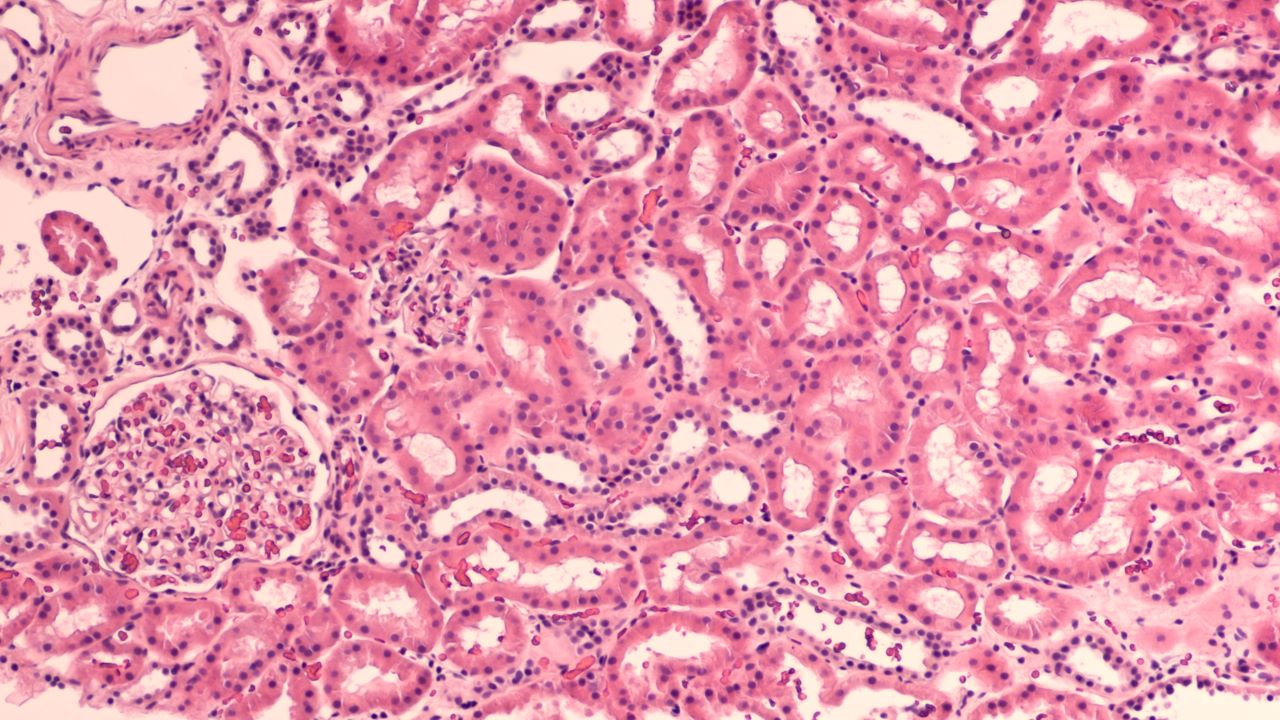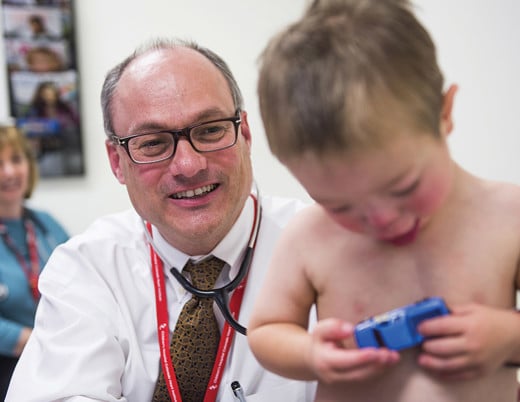Research study background
The lack of progress around diagnosis and treatment for acute kidney injury (AKI) is due to the relatively poor understanding of the mechanisms of the disease and the lack of relevant translational models. Less than 25% of patients who have congenital heart disease surgery experience AKI but there’s a sixfold increase in mortality for these patients.
Published in 2022, this study led by members of the Children’s Hospital Colorado Heart Institute, described building a joined relevant model of pediatric cardiac surgery with an unbiased molecular big data/omics approach to determine what happens at the tissue level.
The study population included 20 models of cardiopulmonary bypass with deep hypothermic circulatory arrest (CPB/DCHA) and 7 controls with mechanical ventilation only.
Investigators targeted metabolomic profiling of kidney tissue, urine and serum to evaluate metabolic changes specific to animals with histological AKI.
Study findings
- 50% of the models experienced AKI four hours after surgery.
- No acute kidney injury occurred in the control models.
- Injured kidneys had three distinct tissue metabolic pathways compared with uninjured kidneys: tryptophan catabolism, purine catabolism and glycolysis. These could be drivers or protective responses of AKI.
- There was no overlap in dysregulated metabolites in kidney tissue and urine.
- Nine urine metabolites were significantly different in AKI models.
- CPB/DCHA strongly affected the serum metabolic profile:
- Pyroglutamic acid was the only metabolite significantly different with AKI — a marker of oxidative stress.
Study conclusions
These pathways represent potential diagnostic and therapeutic targets for postoperative AKI in this high-risk population. Future research includes completely mapping adjacent pathways, evaluating the role of individual pathway metabolites and pathway flux on end organ injury to identify targeted therapies for phase 1 clinical trials.
Featured Researchers

Jesse Davidson, MD, MPH
Cardiologist, associate medical director
Child Health Research Enterprise
Children’s Hospital Colorado
Associate professor
Pediatrics-Cardiology
University of Colorado School of Medicine

Benjamin Frank, MD
Cardiologist
The Heart Institute
Children’s Hospital Colorado
Assistant professor
Pediatrics-Cardiology
University of Colorado School of Medicine





 720-777-0123
720-777-0123










